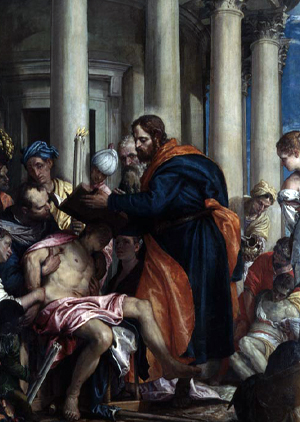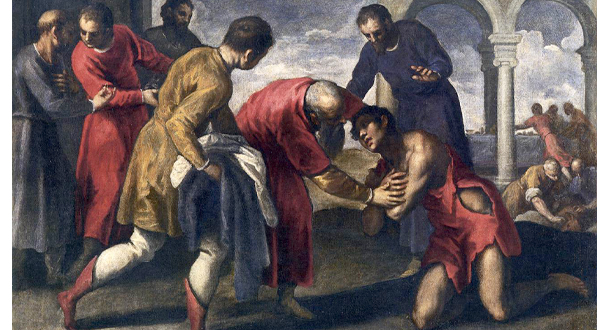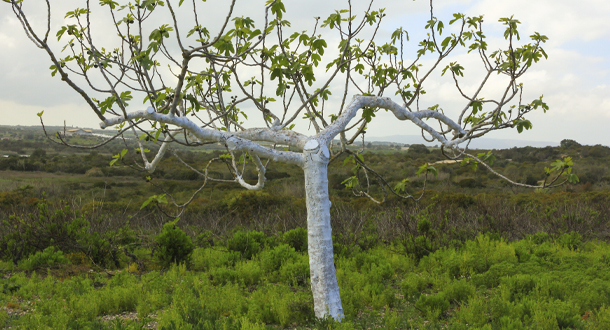
Scripture:
1 Thessalonians 1:1-5, 8b-10
Matthew 23:13-22
Reflection:
At the very beginning of the Spiritual Exercises, St. Ignatius invites a retreatant to contemplate the meaning of love: “Love should manifest itself in deeds rather than in words.” Love is the starting point of our care and service of others. The Campaign for the Passionists of Holy Cross Province echoes this very insight – the Passion of Christ: the Love that Compels. God’s love for us compels us to serve others, but it begins with this: God so loved the world that he gave his only Son.
To love comes before to serve. Love is the foundation of selfless service. If we love, we will be drawn to serve others. If we are rooted in God’s love, so too will we be rooted in service. God knows and loves us, and serves us with the gift of his life. As we know and love others, we will serve them with the gifts of life that God has generously shared with us, whatever they might be.
Today’s Gospel from Matthew reveals a side of Jesus we rarely see. We see his exasperation at the hypocrisy of the scribes and Pharisees who have disconnected love from their service as religious leaders to become “blind guides.” Lots of words and lots of hair-splitting rules. They “lock the Kingdom of heaven before men.” They have lost the experience of first being loved by God, so the law becomes what gives them meaning and purpose.
Contrast that indignation of Jesus with the joy of Paul’s letter to the Thessalonians where he celebrates the community’s “work of faith and labor of love.” The community at Thessalonica consists of “brothers and sisters loved by God,” who are compelled to serve in return. Paul reminds them that the Gospel did not come to them in word alone, but also in power and the Holy Spirit, that is, through deeds.
Much of the world – Catholic or not – has been mesmerized by Pope Francis. He seems very clearly to see the relationship between love and service, and exemplifies through his own actions that love begins with a very real relationship with Jesus. While in Brazil for World Youth Days, he spoke to the young people: “Evangelizing means bearing personal witness to the love of God, it is overcoming our selfishness, it is serving by bending down to wash the feet of our brethren, as Jesus did. Go, do not be afraid, and serve.” Indeed, love manifests itself in deeds rather than words.
Robert Hotz is a consultant with American City Bureau, Inc. and was the Director of The Passion of Christ: The Love That Compels Campaign for Holy Cross Province.







